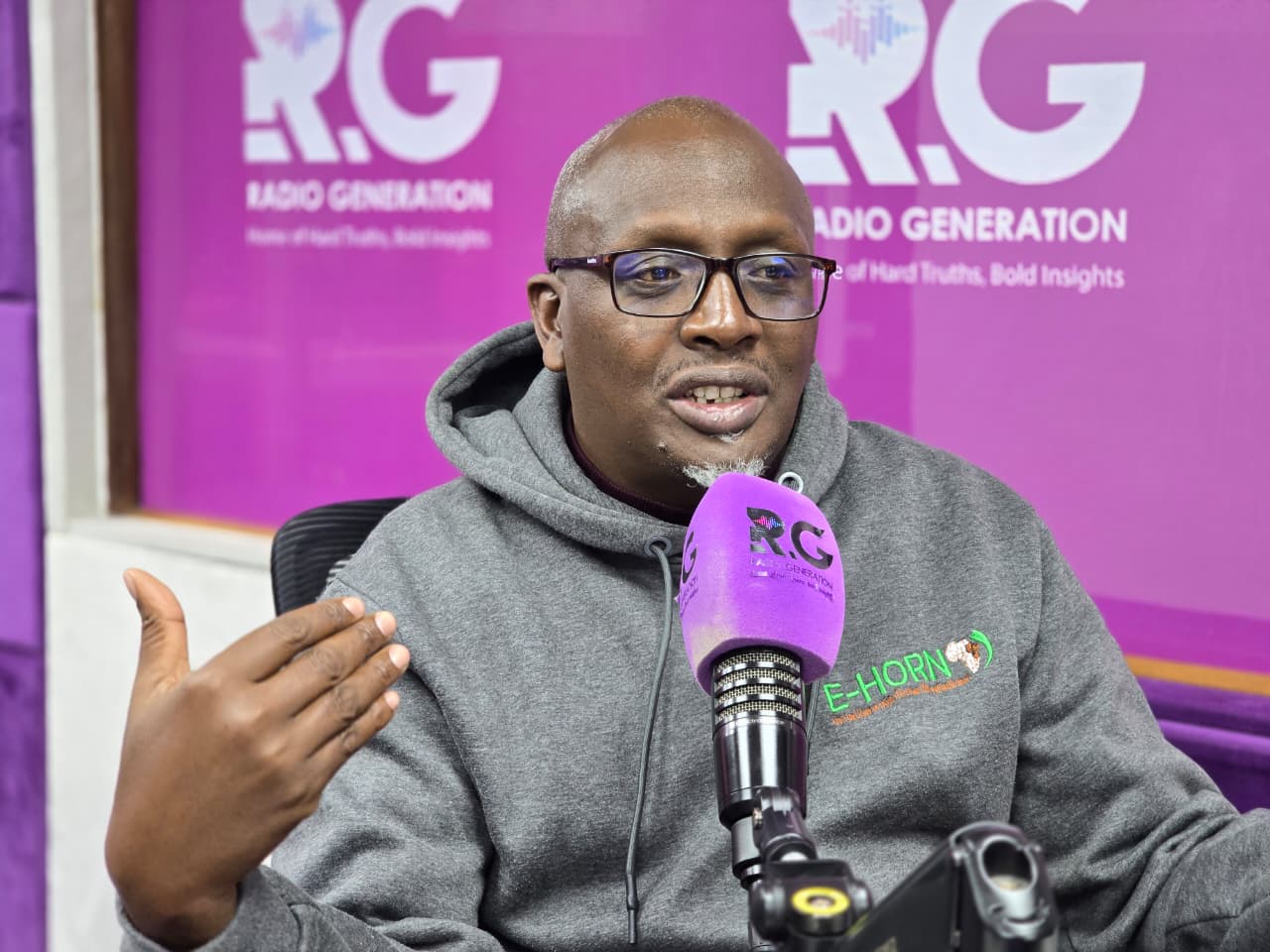Kenya’s next general election could face serious challenges due to delays in reviewing electoral boundaries, the National Coordinator of the Elections Observation Group (ELOG), Mulle Musau, has warned.
Speaking to Radio Generation, Musau said the lack of timely boundary adjustments risks creating unfair representation in Parliament and undermining trust in the electoral process.
“Boundary delimitation is critical. We need boundary limitation. Why? We envisage an election which is fair, which creates fairness, the balance of society,” Musau said on Wednesday.
He explained that population growth and migration have caused major disparities, with some constituencies now holding over 200,000 residents while others have fewer than 10,000.
“These differences can create unfairness when members of Parliament vote on key issues like the Finance Bill. Everyone’s opinion matters, and boundaries must reflect that balance,” he said.
Musau noted that the last boundary review in 2012 left some constituencies with special arrangements to maintain temporary fairness, but a full review was never completed.
Going further, Musau warned that constitutional timelines make it extremely difficult to conduct a boundary review before the 2027 polls.
“The timeline between now and the election is less than two years. The Constitutional timelines is that no boundaries should be reviewed a year to the election… it would be very difficult to address it in the next five, six months,” he said, adding that the exercise is highly emotive and politically sensitive.
On possible solutions, Musau emphasized transparency and public engagement.
“I think one of the solutions should be transparency, transparency on the part of the Commission and the other duty bearers… it would be okay if Kenyans decided under the circumstances that we are willing to forego that balance for purposes of being well prepared for that election,” he said.
He suggested Parliament could extend the review period to allow a proper balance to be achieved before or after the election.
In September 2025, the Independent Electoral and Boundaries Commission (IEBC) confirmed it will not carry out a boundary review before the 2027 general election, citing strict timelines and legal constraints.
Appearing before the National Assembly’s Constitutional Implementation Oversight Committee, IEBC chairperson Erastus Ethekon said the commission requires at least two to three years to handle this technical and highly sensitive exercise.
“We need two to three years to conduct this technical and emotive issue,” Ethekon told MPs.
He warned that starting the review now could derail preparations for the 2027 elections. The law requires boundary reviews at least once every eight years and no later than the twelfth year, a deadline that passed in March 2024.
The stalemate leaves 27 constituencies, including Voi, Wundanyi, Mwatate, Galole, Bura, Isiolo South, Samburu East, Laisamis, North Horr, Saku, Kilome, Mukurweini, Mbeere North, Mathioya, Ndaragwa, Budalang’i, Vihiga, Othaya, Kangema, Marakwet East, Keiyo North, Tetu, Mogotio, Lamu East, Lamu West, and Mvita, in uncertainty.
IEBC legal affairs director Chrispine Owiye told MPs that the Supreme Court ruled only a fully constituted commission can seek legal interpretation on boundary matters.
In conclusion, Musau stressed that addressing boundary reviews is essential for fairness, balanced representation, and maintaining confidence in Kenya’s electoral system.
